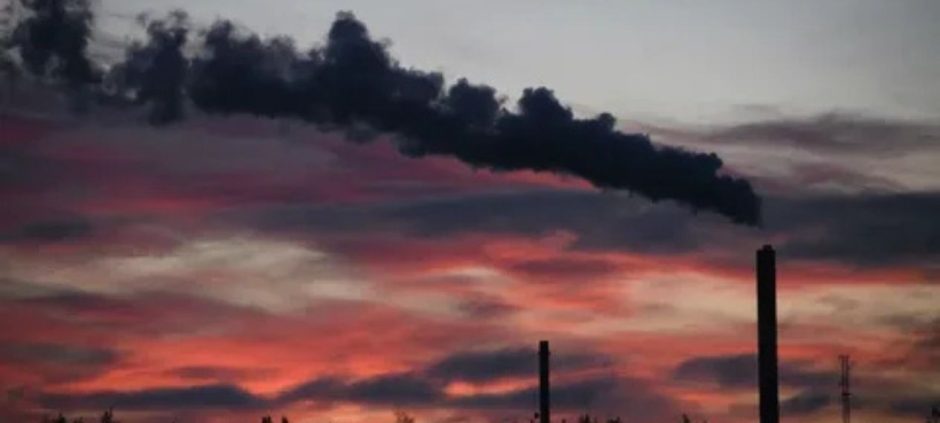Fossil fuel emissions are set to hit a new record in 2025, a major study warns, as global carbon dioxide from coal, oil, and gas rises despite clean energy gains. The analysis projects a 1.1 percent rise in fossil fuel emissions this year, pushing annual CO₂ from fossil sources to roughly 38.1 billion tonnes.
Researchers say the jump reflects higher demand for energy and continued reliance on coal and gas in many regions. Emissions from coal and natural gas climbed in 2024 and are expected to keep rising into 2025, while oil emissions edged up as transport and aviation recover.
The new findings follow warnings from meteorological agencies that atmospheric CO₂ concentrations are already at record highs, a trend linked to more extreme weather and slower natural carbon uptake. Scientists warn that the rising fossil fuel emissions make meeting Paris Agreement targets harder and raise the odds of hotter, more dangerous climate outcomes.
Policy experts say the trend is a wake-up call. They call for faster clean energy deployment, stronger fossil-fuel curbs, and more ambitious national plans. The message is clear: incremental action is not enough if the world wants to bend the emissions curve this decade.
National measures can still help. Pakistan, for example, recently launched a New Energy Vehicle policy designed to cut transport emissions and accelerate cleaner mobility, a move that could lower the country’s reliance on fossil fuels and contribute to wider carbon reductions if implemented at scale.
Analysts stress that cutting fossil fuel emissions requires both supply-side and demand-side changes, phasing out coal, limiting new oil and gas projects, and shifting transport and industry toward electrification and efficiency. Without rapid action, the study concludes, global emissions will keep testing climate limits and vulnerable communities will face rising harm.











